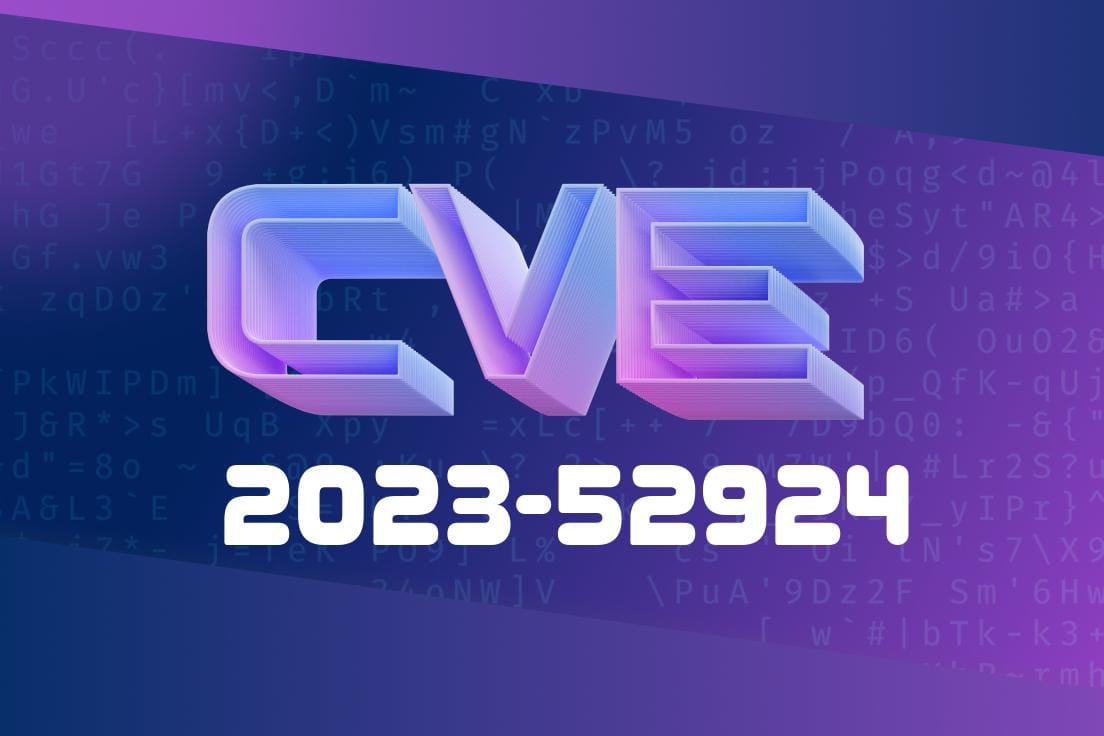In late 2023, a subtle but critical vulnerability was discovered in the Linux kernel’s Netfilter nf_tables subsystem. This flaw, now identified as CVE-2023-52924, concerns the improper handling of verdict maps with expired elements, leading to a potential resource leak and system instability. Let’s break down this issue in a simple, comprehensive fashion to understand what happened, how it can be exploited, and what the fix looks like.
The Basics: What is Netfilter and Verdict Maps?
Netfilter is Linux’s packet filtering and manipulation framework—software that decides what happens to packets as they traverse the network stack.
With nf_tables, users can create *sets* (collections of elements) that support quick lookups. A *verdict map* is a special type of set whose entries point directly to chains — essentially, alternate sets of firewall rules. For example:
# This might send any packet destined for 1.2.3.4 to chain 'foo'
add rule ip filter input ip daddr vmap { 1.2.3.4 : jump foo }
What Went Wrong?
When verdict maps are used with element timeouts, Linux must properly clean up (deactivate) all associated references when such a set is deleted. If it skips expired elements during this process, some critical reference counters may never be decremented—a type of resource leak.
Userspace requests removal of set S.
3. Kernel walks the set to *decrement* references for each element (chain->use), preparing for removal.
Another kernel walk removes elements during the commit or abort phase.
Problem:
If element E *expired* before these walks, its entry will be skipped entirely. Its reference count is thus never decremented.
The Vulnerable Code Path
Here’s a simplified sketch of where things went wrong (see the upstream commit):
// Pseudocode, simplified:
for_each_set_element(set) {
if (element_expired(element))
continue; // <-- Old code: skips expired elements!
// Handle refcounts, removal, etc.
}
Fix:
Update the walk function (such as pipapo_get()) *not* to skip expired elements. This way, cleanup always occurs.
Realistic Exploitation
The bug isn’t a classic memory corruption or privilege escalation, but rather a resource leak that could be triggered by an unprivileged user who can create and manipulate nf_tables sets (typically, root or some net admin contexts).
Refcount is never adjusted.
- Repeat to leak more objects/refcounts.
This could eventually exhaust resources or destabilize netfilter by keeping "zombie" chains alive that the kernel thinks are already gone.
Here’s a pseudo-code demonstration (do *not* use in production; for research only)
// Approximated steps using libmnl and netlink (not full code)
// 1. Create verdict map set with timeout
nfct_nlmsg_build_hdr(buf, NFT_MSG_NEWSET, AF_INET, , NLM_F_CREATE|NLM_F_EXCL);
// Set set type to verdict map, type NFT_SET_VERDICT
// 2. Insert element with chain reference and timeout
nfct_nlmsg_build_hdr(buf, NFT_MSG_NEWSETELEM, AF_INET, , NLM_F_APPEND);
// Set element to jump to a user-defined chain via verdict
// 3. Sleep for timeout duration...
// 4. Delete set
nfct_nlmsg_build_hdr(buf, NFT_MSG_DELSET, AF_INET, , );
// Observe that chain's refcount is leaked!
(Real code would require thorough netlink knowledge and root user.)
WARN splat: Kernel log may show warnings when removing chains.
- Resource leaks: Kernel memory (struct nft_chain) is never reclaimed, and reference counters are inconsistent.
- Possible network policy confusion: In pathological cases, "ghost" chains might persist, potentially confusing further rule updates.
Fix and Mitigation
Upstream Fix Reference:
- Commit: e11d5cebaa601649d85e7a563c53bcc1d02b7e4
Released in: Linux 6.6.14, 6.1.74, and later.
Patched Behavior:
All elements—including expired ones—are considered during set walks for cleanup, ensuring no reference is left incremented.
References
- Kernel Patch Commit
- CVE-2023-52924 on NVD
- Netfilter: nftables documentation
- Linux Kernel Security Mailing List announcement
Conclusion
CVE-2023-52924 reminds us how subtle kernel memory management issues can result in leaks that threaten system reliability. If you use modern nftables and verdict maps with timeouts, updating is crucial to avoid nasty surprises, including resource exhaustion and kernel warnings that can be hard to track down. As always, follow best practices: keep your kernel updated, and limit privileged operations only to trusted administrators.
Timeline
Published on: 02/05/2025 09:07:55 UTC
Last modified on: 10/15/2025 20:04:35 UTC
